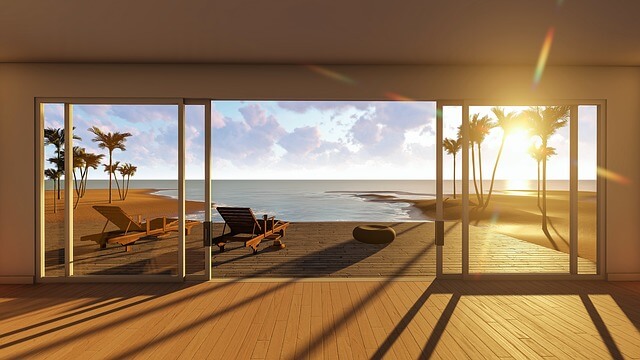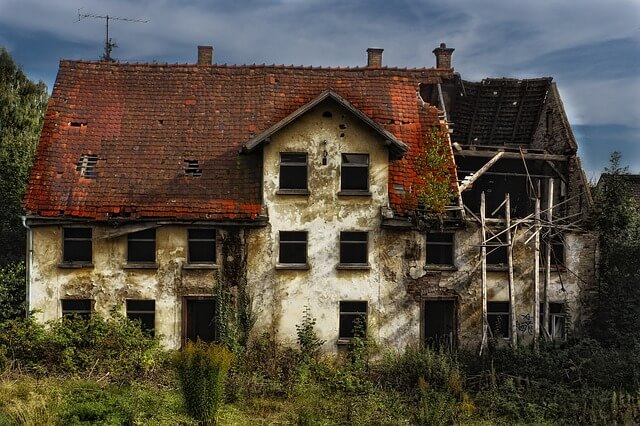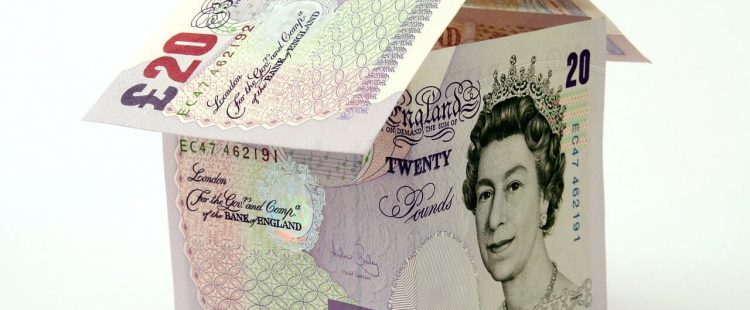Property (or real estate if you prefer) is what many people instinctively feel is the safest form of investment. It’s bricks-and-mortar, right? However property investment can take many forms. Here’s a brief survey of the main ones.
Property as a home
Most of us own, or aspire to own, our own home. That’s partly because we feel we’re making an investment. But it also gives us a feeling of greater control and security than if we rent. Most of us are taught from a young age that it’s good to ‘get a foot on the property ladder’.
When compared with private rental, there are many attractions to buying our own home, assuming we can afford it. Often, mortgage repayments work out less than paying rent, and will eventually cease. And if the property increases in value over time, so will our net worth.
But there are enormous commitments, and also some risks, associated with buying our own home. There are also often ‘hidden’ costs, like service charges or repairs. The Money Advice Service has provided a useful comparison between buying and renting, as well as other useful pointers.
Apart from private rental, there’s always the possibility of social housing, or council housing. If we’re eligible, this can prove much cheaper than private rental, and also gives security of tenure. On the other hand, we’d have far less choice over where we live; we may well end up living in an area we consider undesirable.
From a retirement planning perspective, owning our own home offers the most benefits. To have to pay rent during retirement could be a big drain on our resources. If we own our own home, we should have less outgoings. We also have the option of downsizing and releasing capital. Even if we never want to downsize, there’s the possibility of equity release from our home, should that become necessary or useful.
Property as a second home

If we’re lucky enough, we may be able to afford a holiday home in addition to owning our own home. The pros and cons regarding owning a holiday home are different from our main home. We definitely need a main home, whether we buy or rent; we certainly don’t need a holiday home. The main attraction of one may be that we love holidaying in a particular area so much that we want to return to it time and again. Then it can be nice to have a home from home when we’re on holiday.
Financially, we save on hotel or holiday rental costs. Of course we have to find the capital with which to buy the second home in the first place. Then there are ongoing maintenance costs. We may be able to offset these by renting out the property when we’re not using it.
Finally, there’s the investment value of the property itself. Maybe it will increase in value, so that we make a profit if we later decide to sell it. The tax treatment of capital gains on second homes tends to be less favourable than that on a main home.
Like owning a main home, owning a second home combines investment with our lifestyle choices.
Buy-to-let
If we buy a property with the sole purpose of generating income from rental, we’re treating it as a pure investment. Actually, that may not be strictly true if we derive enjoyment from the involvement of being landlords. Rather than hand over a property to a managing agent, we can handle the bulk of responsibilities ourselves, thereby saving money and increasing profit; but that’s not for everyone.
It’s important to remember that property is just one of a number of asset classes. Unlike stocks and bonds, selling a property takes time, sometimes a very long time. Although property prices have risen a lot historically, so have share prices, arguably more so. The attraction of rental income can be compared with that of share dividend income.
Remember that rent isn’t all profit. There will be considerable overheads and expenses. There are also tax considerations. For example, we can’t put a buy-to-let property inside an ISA or a pension plan.
To put all of our nest-eggs in the property basket is risky. But as part of a diversified portfolio, it could be considered.
Property redevelopment

If we know what we’re doing, buying a property and doing it up can be very profitable. However it means a lot of personal involvement, which means we have to factor in our own time. Some people enjoy getting involved in doing up properties, whereas others see it merely as a business opportunity.
If the purpose of doing up a property is simply to resell it at a profit, then we’re less exposed to movements in property prices. The main financial risk would be if prices fell between the time we bought and the time we sold.
There are other risks too. While doing up a property, we may uncover problems that increase development costs, and/or delay completion. Redevelopment should be viewed as a business rather than as an investment.
Commercial property
Directly investing in commercial property will be impractical for most private investors. For those with the funds to do so, it’s important first to develop a detailed understanding of this market. Alternatively, there are specialist funds that invest in it. Another way of getting exposure is by investing in property companies, or in a fund that invests in them.
Exposure to the commercial property market may well have its place in a diversified portfolio.
Conclusion
It’s risky to view property investment as the silver bullet of retirement planning. It can however be an excellent way of diversifying our investment portfolios. Redevelopment or managing rental tenants can be lucrative side businesses; but they do require personal commitment. Owning our own home, even a second home, can make a lot of sense.
Living in a valuable asset that can cushion us in case our pure investments don’t perform can increase our financial security. The EvolveMyRetirement® intelligent financial calculator takes this into account in its projections.
